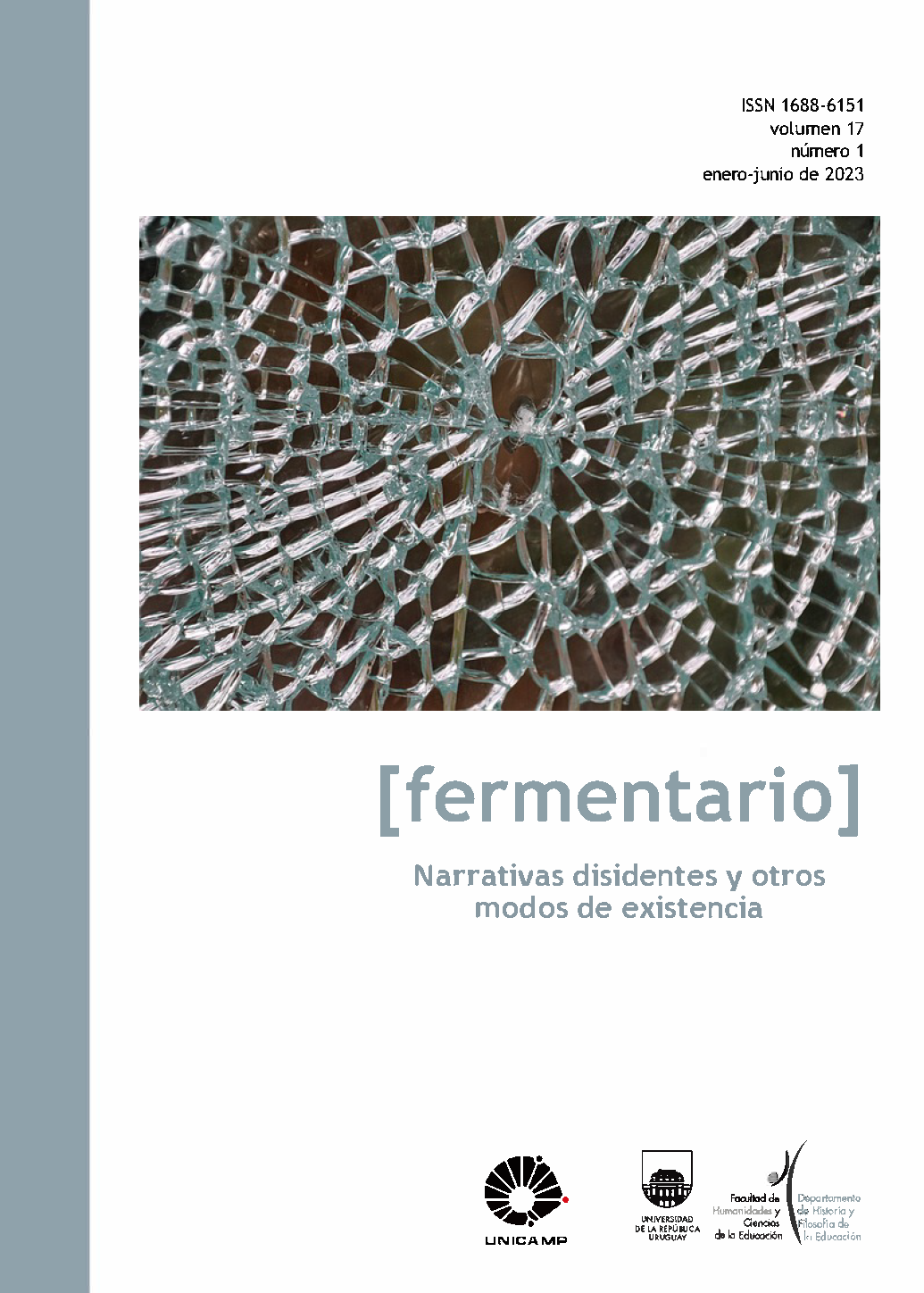Published 2023-06-30
Keywords
- autorreflexión,
- democracia,
- educación,
- emociones
- autorreflexão,
- democracia,
- educação,
- emoções
- self-reflection,
- democracy,
- education,
- emotions
How to Cite
Abstract
Education in emotions is on the table in many countries, but particularly in Uruguay, as of 2020, when the Budget Project of the National Administration of Public Education (ANEP) and the Educational Development Plan 2020-2024 present emotional development and socio-emotional skills as one of the main objectives. However, the focus on this education is from a mostly psychological perspective based on the idea of emotional intelligence.
In February 2022, in a round table presented at the Ceibal Summer School, the coexistence of 2 paradigms in Uruguay was proposed: one that focuses on socio-emotional skills, and another from a philosophical perspective, which takes as its source the notion of political emotions. presented by Martha Nussbaum (2014). This last paradigm, less promoted in our country, however, has been developing for some years now by the line of research carried out at Udelar by Dr. Helena Modzelewski (Dept. of History and Philosophy of Education, FHCE).
The book Emotions, education and democracy: a projection of Martha Nussbaum's theory of emotions was published in 2017, within the framework of the Institute of Philosophical Research of the National Autonomous University of Mexico. Written by Helena Modzelewski, Ph.D. in Philosophy and Master in Human Sciences, the book recovers the theme of her doctoral thesis: «The educability of emotions and its importance for the development of a democratic ethos» (Modzelewski, 2012), with a focus on in Martha Nussbaum's Theory of Emotions. For the development of his proposal, Modzelewski focuses the work around three main axes: self-reflection, meta-emotion, and eudaimonia.

